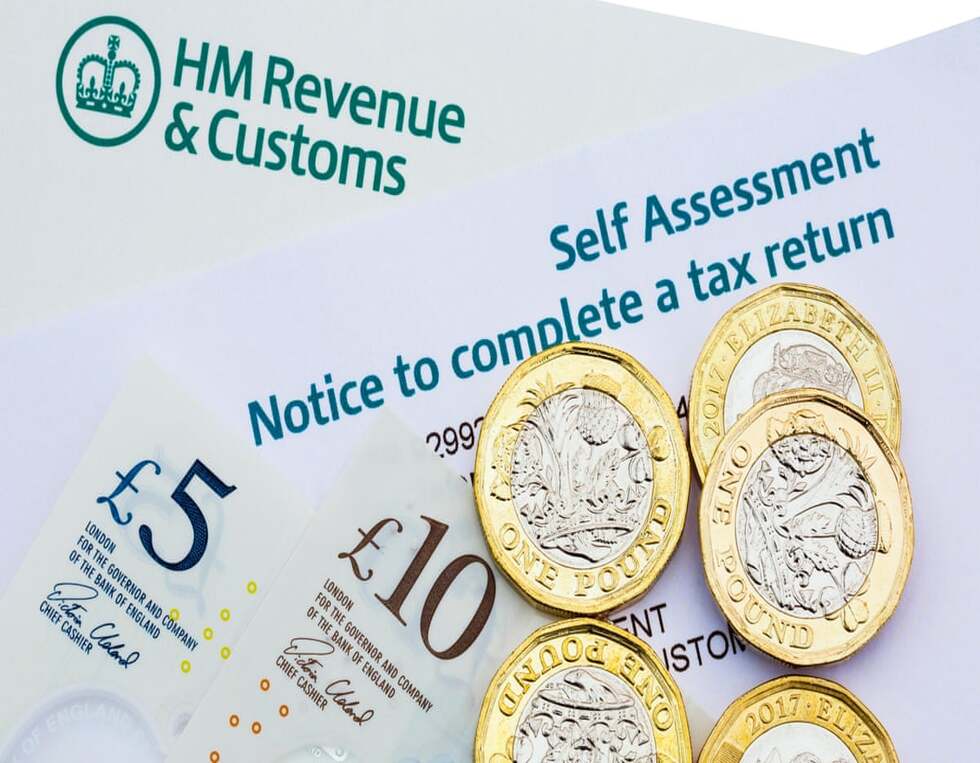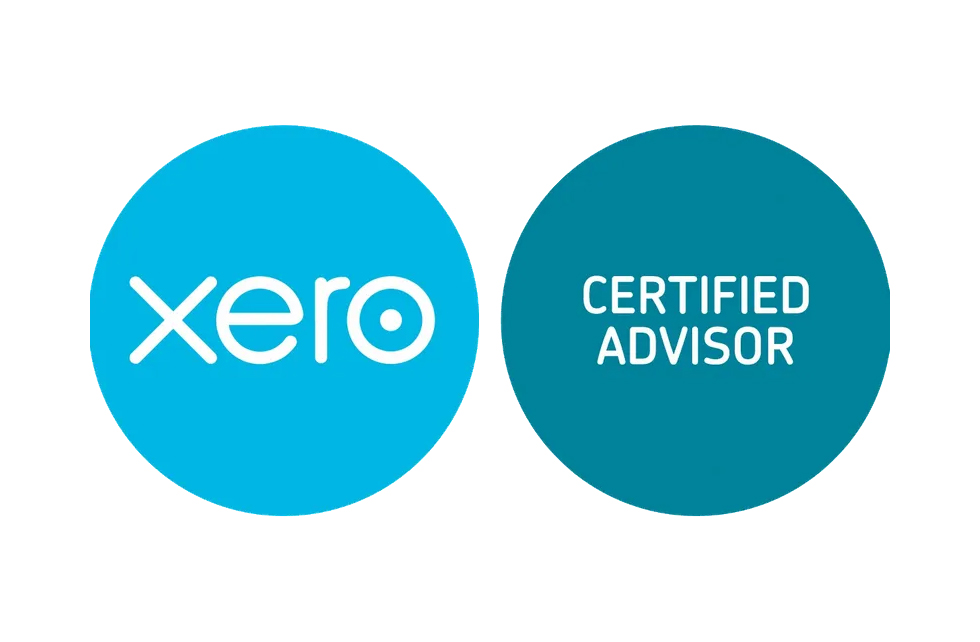
What is small business accounting?
No matter the size of your business, it is always important to make sure your business accounting is managed properly. You don’t have to be a financial guru, but making sure you understand the key elements of bookkeeping, accounting and tax is vitally important, even for small company accounts.
Overall, accounting is the process of recording, summarising and analysing financial transactions of a business. It is important to do this to monitor performance, assess taxes and plan for the future. Getting such accounting basics right for a small business can make the real difference, as most of us just starting a business or growing a company don’t have deep pockets to cover an unexpected tax bill or supplier invoice. So, this is where small business accounting services really help but where exactly do you start?
Looking at business compliance is probably the best starting point. For example, HMRC has recently introduced Making Tax Digital which means most VAT registered businesses now have to ensure the accounting options they use include keeping digital records and sending digital tax returns. There is a vast range of accounting software which has been especially designed for small businesses and many of the products are pretty affordable, however with lots of accounting software options out there, the most important thing to do is to do your research and pick a service which really matches your business needs.
Many accountancy firms specialise in supporting smaller owner-managed businesses (as well as being small businesses themselves)! Accountants can offer support with a range of services, from business plans and forecasts, to year end accounts and tax returns, as well as advisory regarding business sales or purchases and tax planning such as capital gains tax on property or other assets.
How much should small business accounting cost?
Costs can vary for Small-Medium Enterprise (SME) accounting as it depends on some or all of the following factors;
- Whether cloud accounting software is being used. It is much more efficient if an accountant is able to access live data, as this saves time and can reduce costs.
- Your business bookkeeping processes and how complete, accurate, and up-to-date your bookkeeping records are.
- The complexities or additional requirements in certain industries – e.g. Construction Industry Scheme returns require additional submissions to HMRC and can therefore increase the cost.
- Your location, therefore you might want to search for local accountants for a small business too.
Due to these factors, the cost of an accountant for small business can vary, but overall a good starting point for year-end accounts and company tax returns is usually around £500 per annum for a very basic service up to several thousands of pounds depending on the specific requirements. However, it is important to note that you should scout an accountant who will provide fixed fee quotes and not just reliant on hourly rates, as costs can easily build up without you knowing and can lead to difficulties in budgeting. For example, here at Ambiance we offer a fixed monthly fee to help ensure our clients know in advance any costings, which can then be included within their monthly forecasts.
In addition, it is important to assess the value which your accountant offers. For example; if you are paying an accountant to handle all compliance requirements such as accounts and tax, it may be worth considering whether you receive any advice relevant to your business to help you increase profits, reduce costs or save tax. Small businesses are often discouraged from seeking professional advice due to the associated costs, but a good accountant will often save you more in tax than what you will pay for their services!

Small business accounting and tax
Whatever your business industry or the size of the business is, your yearly financials must be recorded and Tax returns must be filed with HMRC. For small businesses, one should be aware of a number of different tax requirements, when dealing with HMRC. The key ones are;
- VAT – If you have a taxable turnover over £85,000 per annum then it is compulsory to register and prepare VAT returns, with HMRC
- Payroll – If you are employing staff (or directors) then there is a requirement to potentially deduct tax and national insurance for these employees. You must report these payments regularly to HMRC, which is dependant on the pay frequency
- Corporation Tax – Most incorporated (for-profit) companies have to pay corporation tax on the taxable profits. The current rate is 19% for small businesses
- Income Tax – For non-incorporated businesses such as sole traders / self-employed individuals, the profits are subject to income tax and class 4 national insurance. Payments on account can often catch newer businesses out, as an advance payment is often required
Small business accounting and payroll software
Previously, accounting software was always very complex and burdensome, and often suited larger companies rather than small businesses. However, there is now a huge range of robust software solutions specifically designed to make it easy for small businesses to manage their finances, helping with a range for services from bookkeeping, invoicing, and even payroll. Typically, such software will also include reporting tools, so you can easy keep track of your cashflow, profits and costs. For example, online software such as Xero, Sage or QuickBooks now have the added benefit that they automatically generate employee payslips and record the costs straight into your accounts.
Taking your time to research and pick the right software is really important especially as some software automatically shows eligibility for certain reliefs for small businesses, such as the employment allowance which can offer a £3,000 reduction per year off Employer’s national insurance payments. Free software such as the HMRC Basic Tools software can be a cost-effective approach, although it is not typically suitable for businesses with employees other than directors due to restrictions on generating payslips.

Small business accounting software
The majority of businesses want to get their tax right, but the latest tax gap figures show that many small businesses find this hard, and so this is why HMRC has recently introduced new guidance on ‘Making Tax Digital’ (MTD). Many VAT-registered businesses with a taxable turnover above the VAT threshold are now required to use the Making Tax Digital service to keep records digitally and use software to submit their VAT Returns. Over 55,000 Businesses have now signed up with many more expected to follow suit.
It is good to get on board with the idea of going digital, because with online software such as Xero, QuickBooks and Sage Cloud, financial information can now be easily sent directly to HMRC for filing. The benefits of such software include reduced annual software commitments as you can make monthly payments. Integrations are available with the majority of banks and this results in financial transactions automatically importing into the accounting system, saving small business owners valuable time and money.. For example, digital software and apps can easily snap, scan, and upload receipts, making it easy to collate for end-of-year returns.
There are a number of free software solutions such as Wave out there on the market, however these are often very basic and may not include certain additional functionality for payroll or VAT. It is something worth remembering that digital records are there to help provide improved accuracy and reduce errors, so using these can reduce the amount of tax lost as a result of avoidable miscalculations.

Do I need an accountant if I’m self-employed?
Like any business, there is no legal requirement to have an accountant if you are self-employed. However, unless you have a good understanding of tax, profits and what expenses you can claim to reduce your tax bill, using an accountant can be a cost-effective way to help you understand how and what you should claim for. Some accountants do sometimes offer a reduced service to self-employed individuals for an annual review or meeting to provide support, rather than preparing the return on your behalf. This can work out cheaper, but you can still have access to the valuable knowledge and experience of an accountant.

